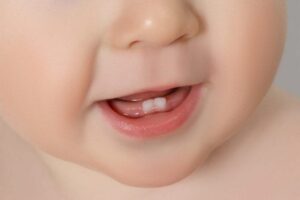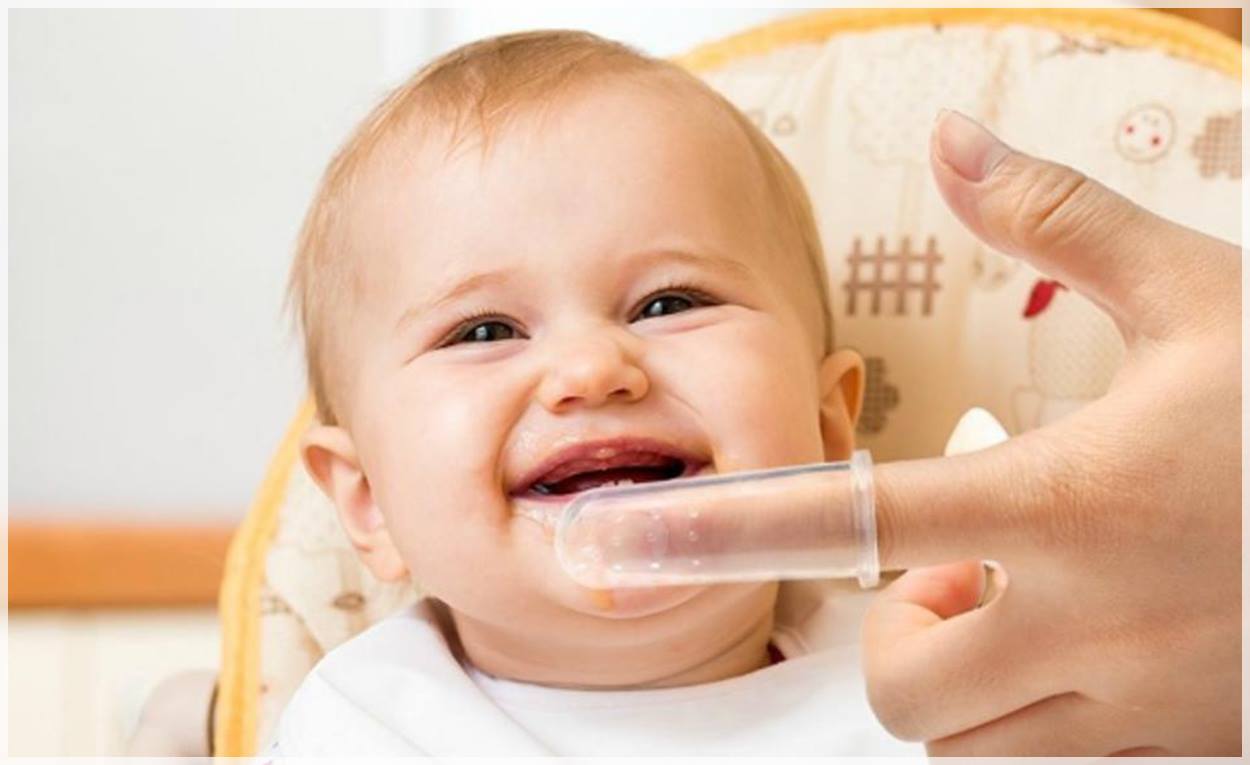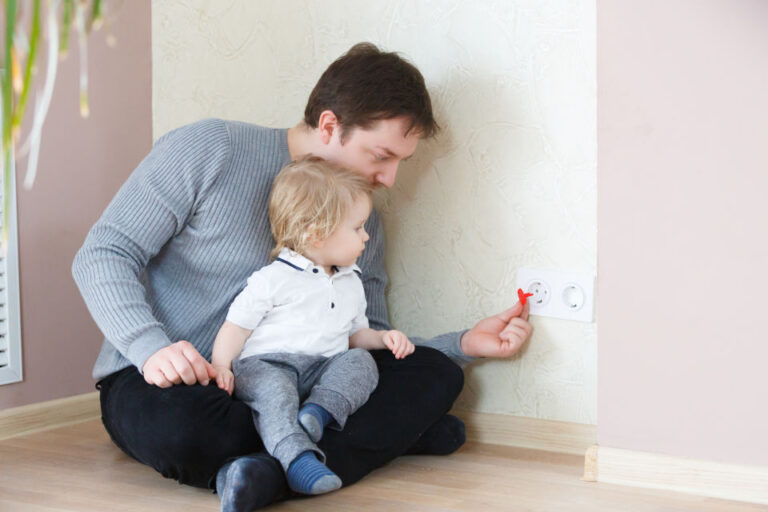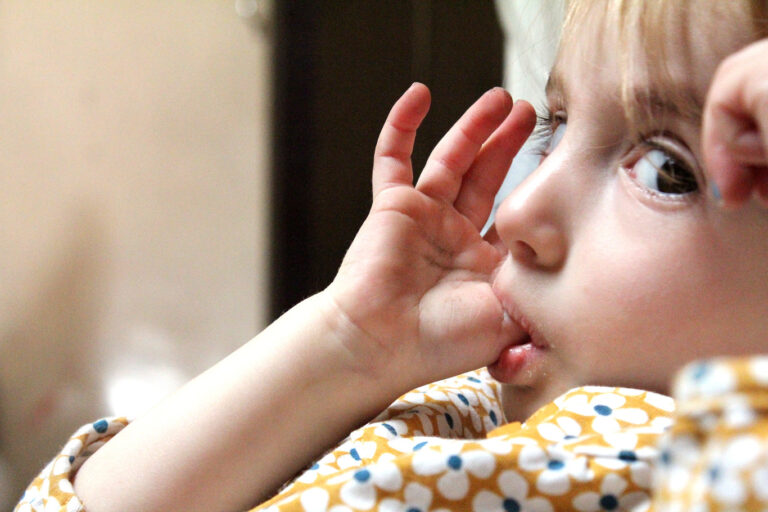How to soothe a teething baby?
Healthy teeth are important to your baby’s overall health. They help your baby eat and make sounds and words. They also affect the way your baby’s jaw grows. Good oral care helps establish good dental habits as your baby grows. Poor oral care can lead to infection, disease, or other dental problems.

How to soothe a teething baby?
In general, baby teeth begin to appear between 4 and 7 months of age. But every baby is different. The first teeth to come in are usually the two lower front teeth.
Teething is the period when your baby begins to have teeth. When your baby begins teething, you may notice that he is drooling more or wants to chew on things. For some babies, teething can be painless. For others, their gums may be sore. They can be fussy. Other symptoms of teething are loss of appetite and trouble sleeping.
These tips can help soothe a teething baby and ease your baby’s discomfort.
- Give your baby a cold teething ring or cold washcloth to chew or suck on.
- Rub your baby’s gums with a clean finger.
- Ask your doctor if your baby can take infant acetaminophen (one brand: Tylenol). Do not give your baby aspirin. Aspirin can cause Reye’s syndrome, a serious illness that can lead to death in children under 18 years of age.
- Ask your doctor before using teething gels or tablets.
Teething doesn’t have to interfere with breastfeeding. You can continue to breastfeed your baby as usual once teething begins.
Clean your baby’s teeth and gums with a damp cloth or gauze. Do this at least once a day or after meals. Once your baby starts having teeth, clean them at least twice a day. When your child is 1 to 2 years old, switch to a soft toothbrush with water. Add a small amount of toothpaste that does not contain fluoride. This type of toothpaste is safe if your baby swallows it. Brush your baby’s teeth at least twice a day. You should also start flossing between your baby’s teeth.
Aspects to consider at the start of teething in babies
- Always hold your baby when you give him a bottle. Do not leave a bottle in the crib. Don’t let your baby go to sleep with a bottle. Milk can collect in your baby’s mouth and cause cavities.
- Do not give your baby a cup of juice or milk in the crib. Your baby can start using a sippy cup when he is around 6 months old. Stop bottle feeding your baby when he is 1 year old. Don’t let your baby walk around with a sippy cup unless it only contains water.
- Once your child is 1 year old, give him water or regular milk between meals instead of other drinks. Only give them juice or flavored milk with meals. Juice and flavored milk contain a lot of sugar.
- You can give your baby a pacifier, but only when needed. Try to stop using it when it is around 2 years old. The same age applies to thumb sucking babies. Prolonged use of a pacifier or thumb sucking can cause tooth alignment problems. Talk to your doctor about what type of pacifier to use. Always use a clean pacifier. Do not dip it in honey or any other substance that contains sugar.

When to see the doctor
Your baby should see a dentist for the first time around his first birthday. This is important if they are at high risk for cavities or other dental problems. You can choose a dentist who specializes in children.
Teething should not cause a fever. Call your doctor if your baby has a fever.
Questions to ask your doctor
- What are other ways to calm my baby during teething?
- How do I know if my baby is at risk for cavities or other dental problems?
- When can I start using fluoride toothpaste?
- How can I prevent my baby from sucking his thumb or wanting a pacifier?
Final words
Many parents believe that tooth decay in baby or baby teeth is not important because they will fall out in the future. But this is not true. Tooth decay in baby teeth can negatively affect permanent teeth and lead to future dental health problems.



